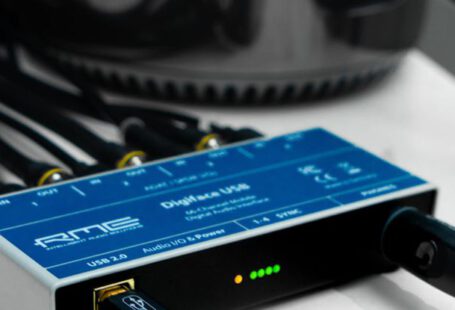Is your PC running slower than usual? Are you experiencing delays in loading programs or files? Before you rush to buy a new computer, consider the impact that outdated drivers may have on your PC’s performance. Updating drivers is a simple yet effective way to boost your computer’s speed and overall efficiency. In this article, we will explore how updating drivers can improve your PC’s speed and provide you with a smoother computing experience.
The Importance of Driver Updates
Drivers are essential software components that allow your operating system to communicate with hardware devices such as printers, graphics cards, and sound cards. Over time, manufacturers release updated drivers to address compatibility issues, enhance performance, and fix bugs. By keeping your drivers up to date, you ensure that your hardware functions optimally and that your PC runs smoothly.
Improved Hardware Performance
One of the key benefits of updating drivers is improved hardware performance. Outdated drivers can result in decreased efficiency and slower response times from your hardware devices. By installing the latest driver updates, you can unlock the full potential of your hardware, allowing it to operate at its peak performance levels. Whether you’re a gamer looking to maximize frame rates or a professional in need of fast rendering speeds, updating drivers can make a significant difference in how your PC performs.
Enhanced System Stability
Outdated drivers can also contribute to system instability, causing crashes, freezes, and other performance issues. When drivers are not updated, they may not work correctly with the latest software updates or operating system changes, leading to compatibility issues that can disrupt your computing experience. By regularly updating your drivers, you can ensure that your system remains stable and reliable, minimizing the risk of technical disruptions and maintaining a smooth workflow.
Increased Security
Security is a top priority for any PC user, and outdated drivers can pose a significant risk to your system’s safety. Hackers and malicious software often target outdated drivers as a potential entry point to exploit vulnerabilities and gain unauthorized access to your PC. By keeping your drivers up to date, you can protect your system from security threats and ensure that your personal data remains secure. Manufacturers frequently release driver updates to address security vulnerabilities, so staying vigilant with updates is crucial for safeguarding your PC.
Optimized Software Compatibility
As software applications evolve and become more advanced, they may require updated drivers to function correctly. Outdated drivers can lead to compatibility issues with new software releases, causing errors, crashes, and performance degradation. By updating your drivers regularly, you can ensure that your hardware remains compatible with the latest software updates and enjoy a seamless computing experience without any compatibility issues.
Streamlined System Maintenance
Updating drivers is a straightforward process that can be easily incorporated into your regular system maintenance routine. Many manufacturers provide automated tools that can scan your system for outdated drivers and download the latest updates with a single click. By establishing a schedule for driver updates, you can streamline your system maintenance efforts and ensure that your PC remains optimized for peak performance.
In conclusion, updating drivers is a crucial step in improving your PC’s speed and overall performance. By keeping your drivers up to date, you can enhance hardware performance, increase system stability, boost security, optimize software compatibility, and streamline system maintenance. Don’t let outdated drivers slow you down – take control of your PC’s speed by staying vigilant with driver updates. Your computer will thank you with faster response times, smoother operation, and a more enjoyable computing experience.





